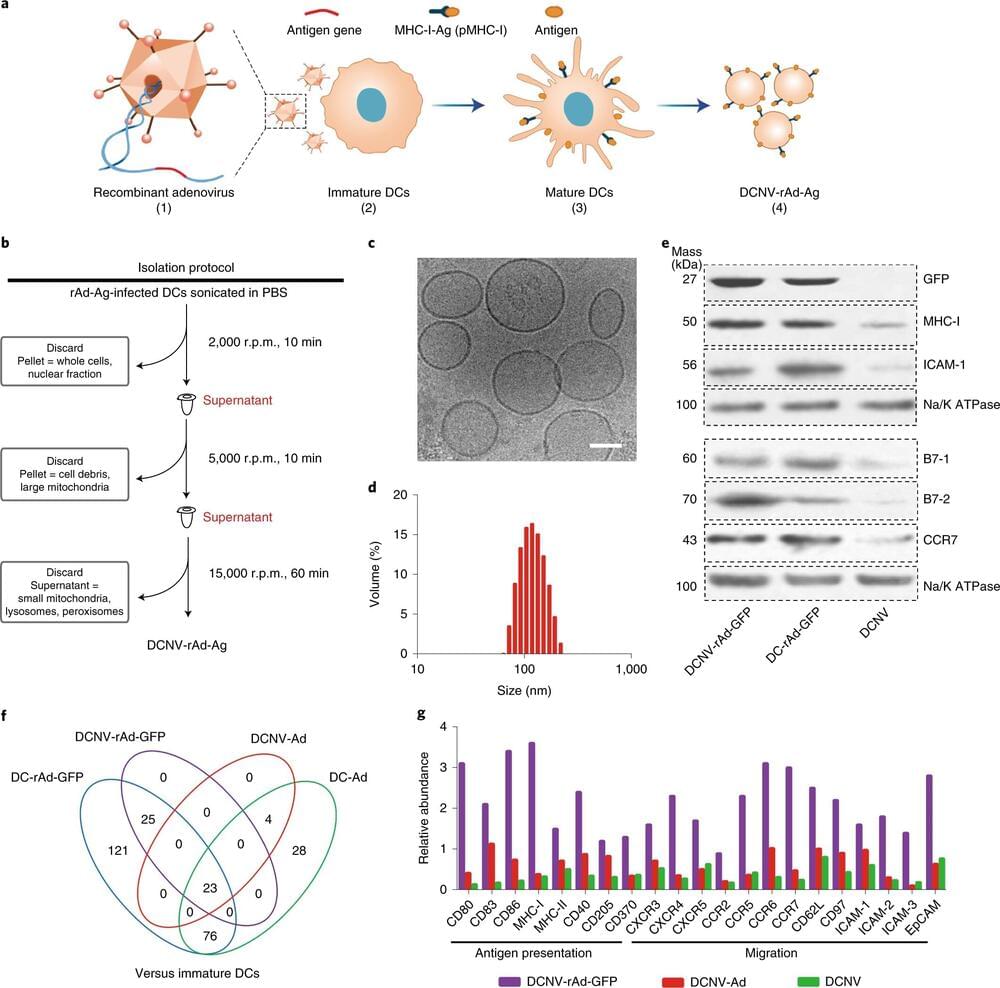As people across the globe look forward to longer life expectancies, malignant cancers continue to pose threats to human health. The exploration and development of immunotherapy aims to seek new breakthroughs for the treatment of solid tumors.
The successful establishment of anti-tumor immunity requires the activation, expansion and differentiation of antigen-specific lymphocytes. This process largely depends on specific interactions between various T cells and antigen-presenting cells (APCs) in the body. However, existing tumor vaccines, such as neoantigen vaccines and various vector vaccines, all rely on random interactions with APCs in the body. Furthermore, inappropriate interactions may lead to the silencing of other immune responses.
Although immune checkpoint-based immunotherapy has been shown to have great potential, only a small proportion of patients fully respond to this therapy, and the relevant molecular mechanisms need to be further explored. This delivery method is however complex and inefficient.
